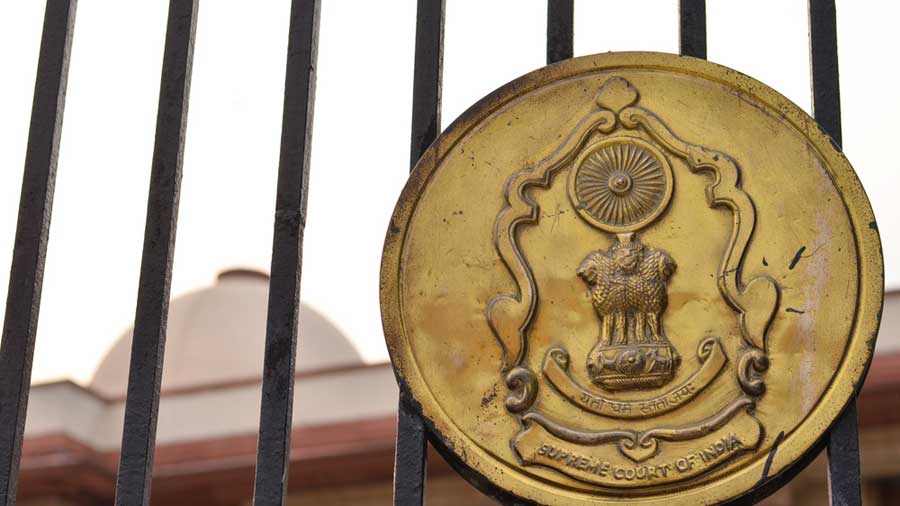Few would object to opportunities created for the poor. But the Centre’s decision to provide reservations to economically weaker sections among the general category or non-scheduled castes through a constitutional amendment touched on too many debatable issues to go down smoothly. That yesterday’s Supreme Court verdict in response to petitions challenging the amendment was split three to two, with the majority reportedly ruling that the amendment did not go against the basic structure of the Constitution, indicated that it was not simple. The 10 per cent EWS quota for educational institutions and government jobs would be separate from quotas for scheduled castes, scheduled tribes and other backward classes. That seems fair and square. The EWS reservation, however, depends on the understanding of various concepts — social justice, for example. Does social justice include economic justice or are the two distinct? The chief minister of Tamil Nadu, Dravida Munnetra Kazhagam’s M.K. Stalin, has declared the EWS quota to be a setback to social justice, while the Bharatiya Janata Party is overjoyed by what it claims to be Narendra Modi’s triumph in his mission to uplift the poor.
Greeting these reservations as a pro-poor move is heartening, yet it leaves some discomfort in its wake. The quota is declaredly not for those who come under other reservations umbrellas; the poor among SC/ST and OBC groups are excluded. The Constitution is against discrimination and in favour of equality. But the Supreme Court dismissed the petitioners’ objections on this score since the Constitution’s basic structure is not hurt by the EWS quota. Obviously, then, representation — rather, the lack of it — is not the basis of reservations, neither, necessarily, is educational and social backwardness caused by historical injustice. The EWS quota was brought up by the BJP in 2019, before the elections. No doubt the upper caste majoritarian community would be grateful, now that 2024 looms. The huge non-upper caste population may be less entranced. The poorer among them, who often find it difficult to access the fruits of reservations anyway, may perceive an additional advantage being officially given to the upper castes; Dalits in general may fail to appreciate the importance of an exclusionary pro-poor policy. No doubt the government will tread with care in the matter, since the sentiments of so many of its people are concerned.










